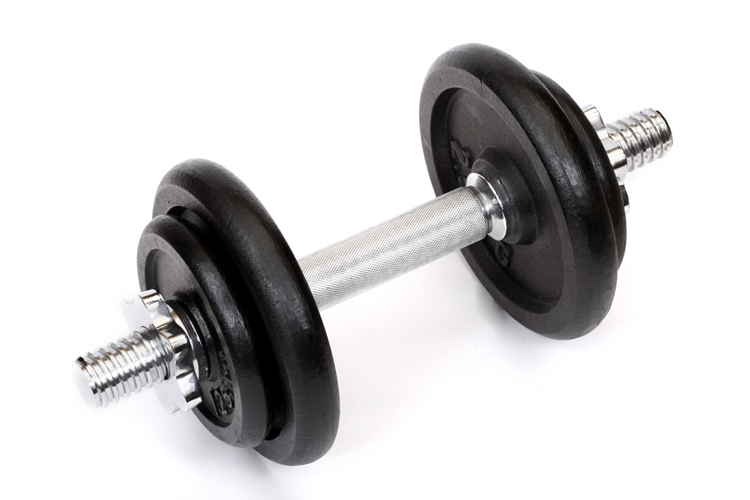Myths about proteins and sport
Protein and sport have, today, a close relationship but it is important to discard the myths in order to optimize all its properties.
What are proteins?
Proteins are one of the three essential components of nutrition with lipids (fats) and carbohydrates (sugar).
Proteins play a role in creating new tissues. In a simple example is something like the bricks of the body, hence the interest for the sport as it helps build muscle and especially “repair” after great efforts.

Myths about proteins and sport
- There is a widespread misconception that the more protein reaches larger muscles of the athlete. What invites the consumption of protein incorrectly, whether natural or tablet
- Natural proteins are obtained only by eating foods derived from animals, especially meat.
- Increase consumption of unhealthy form of meat and meat products in non-professional, or without advice, who want to improve their muscle mass people.
The reality for practitioners of sport is:
- The only thing that develops muscle mass is exercise. However proteins are the bricks to train them, but the agency will use the necessary discarding the extras. Another thing is to consume less of the body demands.
- Excess protein not only develops the muscles and the ability of the athlete, but has negative health consequences and, therefore, to athletic performance.
- Plant proteins are as effective as the animals and also have some advantages over the former, and low in saturated fat and cholesterol, which optimizes the best cardiovascular athlete’s performance.
- Perhaps the downside is that to optimize plant to do a good combination with carbohydrates, but in a diet for athletes should not forget the importance of these and you have to know them combined with any of the two types of proteins.
When proteins take if we practice sport?
The findings of the study by American Dietetic Association and Dietitians of Canada and the American College of Sports medicine indicate that the moment of greatest use by the agency of the properties of proteins before exercise is performed. With an average of no more than one hour before you start training.
On the other hand, this study found no difference elderly in improving muscle tone at different times of protein intakes. The causes are still unknown, but in principle, are attributed to the different endocrine responses to weight training.
You may also like to read another article on MenHealthCare: Activates the metabolism with a shake coconut, ginger and green tea
Potential amino acids
Students of sports nutrition also found that consuming many amino acids as proteins, for example of the type such as whey and casein, may further increase muscle protein synthesis.
So it is known that the intake of essential amino acids before training, especially overload, favors greater protein synthesis.
If we accompany carbohydrate is optimized even more, as this increases the insulin response of the body, which also helps the absorption of proteins, according to this recent study on sport and proteins.
Protein diet for athletes
This is a very relative issue because it depends on what kind of sport and the characteristics of each athlete. The next half has many variables, but serves as an example.
Grams of protein per kg of body weight
- 8 sedentary adult
- Adult practicing sport, amateur 0.8-1.5
- Adult athlete 1.2-1.6 resistance
- 5-1.7 adult muscle building
- Adult 1.8-2.0 restricting calories
- Maximum requirement adults 2.0
- Male athletes average intake 1.2-2.0
- Average intake sportswomen 1.1-1.7
Diets for practicing any kind of sport, as well as for anyone, always work best left to a professional that fits our needs and we will not take risks with athletic performance or health.
Sections in our proteins and protein foods will find much more information of interest on protein and nutrition in our section on healthy eating and diets several.




